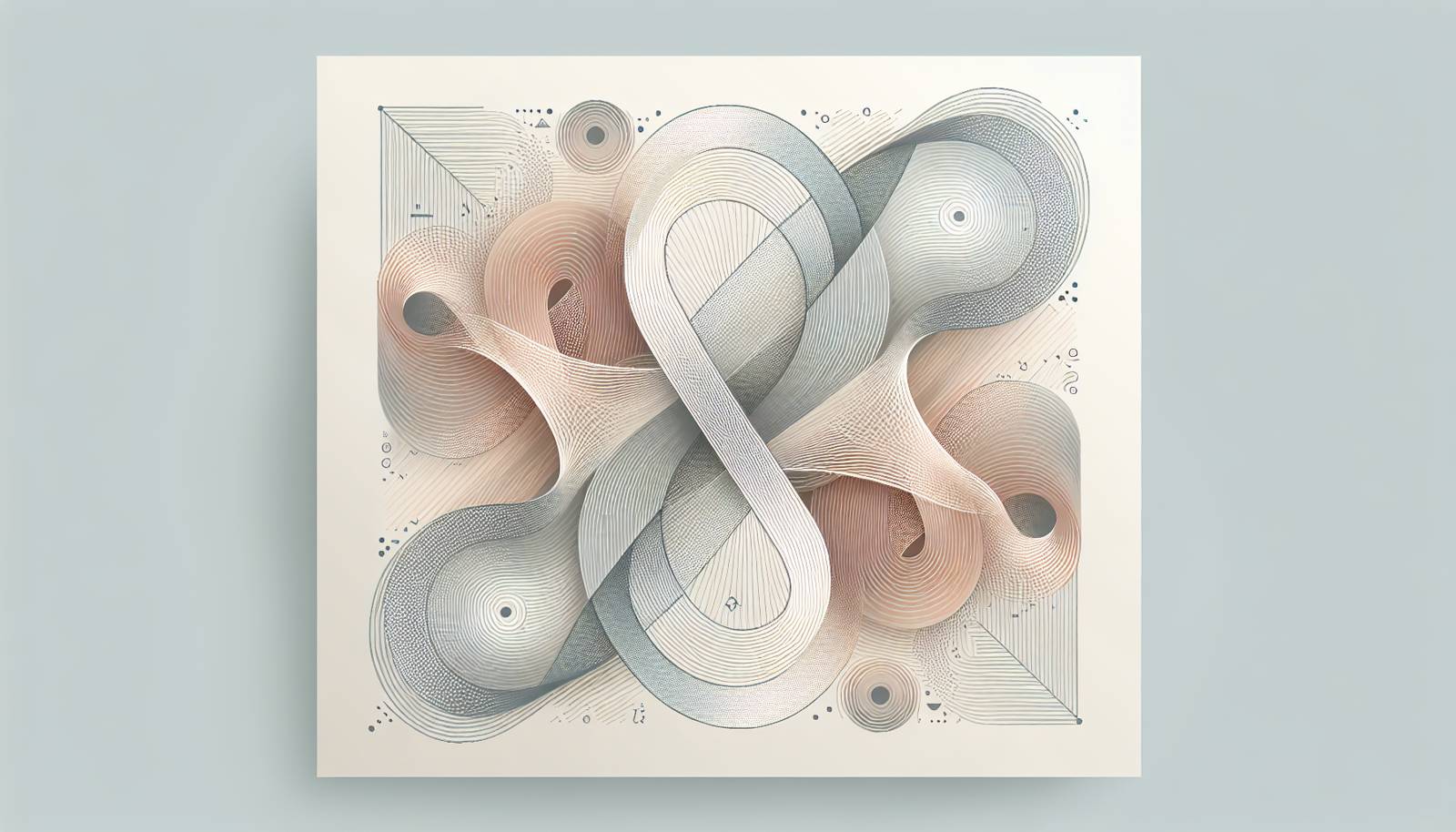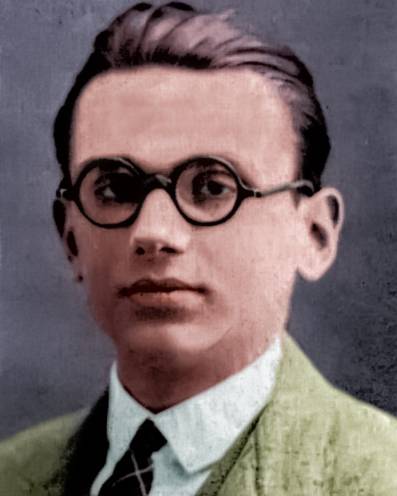
FAQ About Kurt Gödel

Who was Kurt Gödel?
Kurt Gödel was an Austrian logician, mathematician, and philosopher, known for his groundbreaking work in mathematical logic and for his incompleteness theorems. He was born on April 28, 1906, in Brünn, Austria-Hungary (now Brno, Czech Republic) and became a key figure in the 20th century development of mathematics and philosophy.

What are Gödel's incompleteness theorems?
Gödel's incompleteness theorems are two theorems of mathematical logic that demonstrate inherent limitations in every formal axiomatic system capable of modeling basic arithmetic. The first theorem states that in any such system, there are propositions that cannot be proved or disproved within the system. The second theorem states that no consistent system can demonstrate its own consistency.

Why are Gödel's incompleteness theorems important?
Gödel's incompleteness theorems are significant because they highlight fundamental limits in mathematical systems, showing that it is impossible to have a complete and consistent set of axioms for all mathematics. This has profound implications for the philosophy of mathematics, mathematics, and computer science, affecting debates on the nature of truth and the limits of human knowledge.

How did Gödel influence philosophy?
Kurt Gödel had a substantial impact on philosophy, particularly in his challenge to formalist and logical positivist viewpoints. His incompleteness theorems suggest that human reasoning cannot be fully captured by any formal system, raising questions about human understanding, consciousness, and the nature of truth and reality.

What was Gödel's relationship with Albert Einstein?
Kurt Gödel and Albert Einstein were close friends during their time at the Institute for Advanced Study in Princeton. They frequently walked together, discussing science, philosophy, and life's bigger questions. Einstein reportedly said his own work had become secondary to his friendship with Gödel during his later years.

Where did Kurt Gödel work and teach?
Gödel was a professor at the Institute for Advanced Study in Princeton, New Jersey. Before that, he completed his doctorate at the University of Vienna, where he was affiliated with the Vienna Circle—an influential group of philosophers and scientists promoting logical positivism.

What was the Vienna Circle?
The Vienna Circle was a group of philosophers, scientists, and mathematicians in early 20th-century Vienna who gathered to discuss and develop a scientific conception of the world based on empirical and logical foundations. Though Gödel was associated with them through the University of Vienna, his incompleteness theorems challenged their views.

What is Gödel's ontological proof?
Gödel's ontological proof attempts to demonstrate the existence of God using modal logic. It is a formal argument based on principles of necessity and possibility, deriving from the work of philosophers like Anselm of Canterbury and Leibniz. Gödel's version formalizes these ideas into a rigorous logical framework.

Did Gödel receive any awards for his work?
Despite the profound impact of his work, Gödel was a private and modest man who did not actively seek fame or awards. However, he was recognized with several honors, including being elected a Fellow of the Royal Society and receiving the Albert Einstein Award in 1951.

How did Gödel's work impact computer science?
Gödel's work laid foundational aspects of theoretical computer science. His incompleteness theorems directly influenced the development of concepts such as Turing machines and the limits of computability, providing insight into what can be algorithmically computed and what lies beyond computational power.

What languages did Kurt Gödel speak?
Kurt Gödel was fluent in German, which was his native language, and English, which he learned after moving to the United States. He also had knowledge of other languages, reflecting his broad intellectual interests.

What is the impact of Gödel's theorems on mathematics?
Gödel's theorems shook the foundations of mathematics by showing that no system of mathematical axioms can be both complete and consistent. This realization influenced mathematicians' approaches to understanding the structure and limitations of mathematical theories and systems.

What challenges did Gödel face in his personal life?
Kurt Gödel struggled with mental health issues, including paranoia and anxiety, particularly in his later years. His health became a major concern, contributing to his withdrawal from professional activities and eventually leading to his death in 1978 from complications related to self-starvation.

What legacy did Gödel leave behind?
Gödel's legacy extends beyond his incompleteness theorems; he profoundly influenced mathematical logic, computability theory, and philosophical thinking. His work continues to stimulate discussions in fields as diverse as philosophy, mathematics, computer science, and cognitive science.

Was Kurt Gödel involved in World War II events?
Gödel lived during a time of significant political turmoil. Escaping the rise of Nazism in Europe, he emigrated to the United States in 1940. Although not directly involved in the war, his migration was influenced by the era's upheavals.

Did Gödel publish books?
While Gödel himself did not publish many books, his collected papers and works have been published posthumously. These collections provide deep insights into his thoughts and contributions to logic and philosophy.

What is Gödel numbering?
Gödel numbering is a technique used to encode mathematical and logical statements as numbers. This technique was a key component in Gödel's proof of the incompleteness theorems, allowing him to treat statements and proofs as mathematical entities within arithmetic.

How did Gödel die?
Kurt Gödel died on January 14, 1978, due to complications related to malnutrition and inanition. Suffering from severe paranoia, he refused to eat out of fear of being poisoned, ultimately leading to his death.

What philosophical question did Gödel's theorems address?
Gödel's theorems address the philosophical question of the limits of human knowledge and the nature of truth. They suggest that there are true mathematical statements that are unprovable within any given formal system, prompting philosophical inquiries into whether human understanding can ever be complete.

What is Gödel's connection to Einstein's theory of relativity?
Gödel extended Einstein's theory of relativity through his solutions to the equations of general relativity, leading to the concept of rotating universes and time loops, known as "Gödel's rotating universe." These ideas explored the implications of relativity for the nature of time and space.
